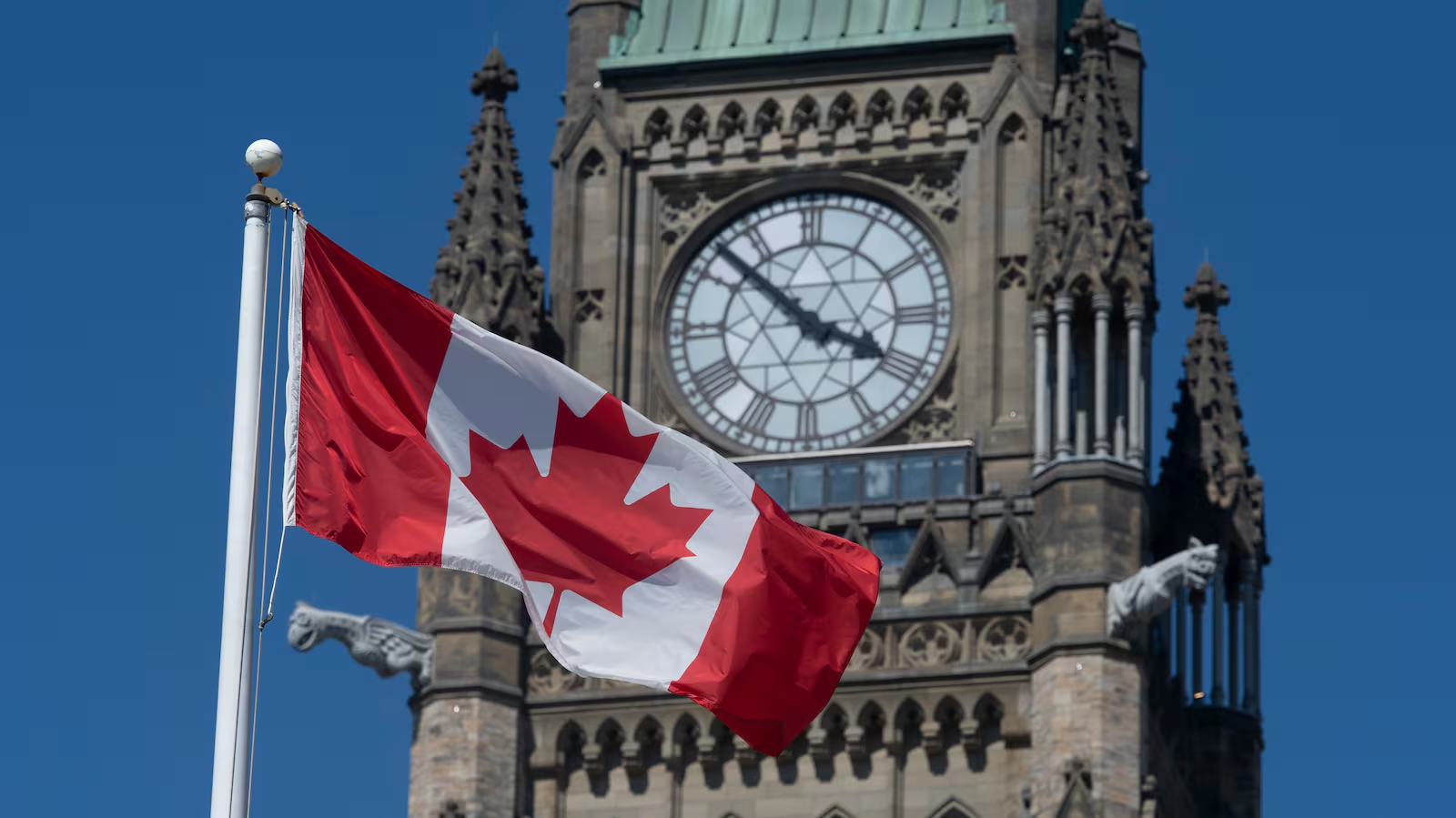As Canada faces mounting economic pressures and a tense trade standoff with the United States, a new study is raising alarms about the country’s ability to retain the highly skilled immigrants it relies on to drive growth.
A report released Tuesday by the Institute for Canadian Citizenship (ICC), titled The Leaky Bucket 2025, reveals that one in five immigrants leaves Canada within 25 years of becoming a permanent resident — and the peak of this “onward migration” happens just five years after arrival. Most troubling, the people leaving the fastest are among the most educated and qualified.
According to the ICC, immigrants with doctorates are more than twice as likely to leave Canada compared to those with bachelor’s degrees. When job opportunities fail to offer career advancement or income growth, that likelihood rises to triple. Skilled professionals in fields like business management, information technology, engineering, finance, and manufacturing are especially at risk of leaving.
Daniel Bernhard, CEO of the ICC, says these departures represent a critical loss for Canada at a time when Prime Minister Mark Carney is pushing to double non-U.S. exports and diversify the country’s trade network.
“These are the people who have built railways, infrastructure, and housing in countries where it’s done better, faster, and cheaper,” Bernhard told CTV News. “When we lose those people, we lose the expertise we need to catch up. This is avoidable self-sabotage.”
In the government’s 2025 Annual Report to Parliament on Immigration, Ottawa committed to stabilizing the annual number of permanent residents at 380,000 until 2028. But if the current trend continues, the ICC projects more than 20,000 skilled immigrants will leave Canada by 2031.
The report shows a clear pattern: immigrants with strong experience — particularly managers and executives — leave at nearly double the rate of the average immigrant. Even health-care professionals, who Canada urgently needs, leave at 36 per cent higher rates than average.
The findings come from a deep analysis of Statistics Canada’s longitudinal immigration and tax database, covering newcomers who arrived between 1982 and 2020. More than 60 per cent of the immigrants represented in the data were admitted under the economic class, selected specifically for their potential to contribute to the country’s prosperity.
Bernhard argues that Canada’s retention problem has remained unchanged for 40 years, and that the federal government must rethink its approach. He says immigration services are designed primarily to help newcomers with limited English or French skills — but highly skilled immigrants often don’t use these services at all.
He is calling for a transformation of Immigration, Refugees and Citizenship Canada (IRCC), urging it to shift from acting like a “bouncer” guarding the country’s borders to functioning more like a national human resource department focused on attracting, developing, and retaining global talent.
“Is IRCC the recruiter making sure people come here and succeed,” Bernhard asks, “or the security guard making sure the wrong people don’t come in?”
Without a clear retention strategy, he warns, Canada risks losing exactly the people it needs most.
Courtsey CTV News

